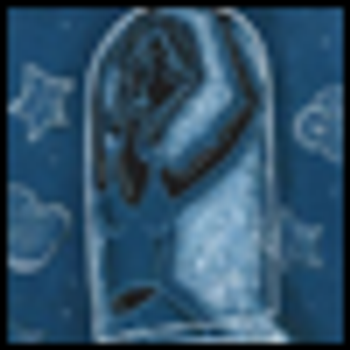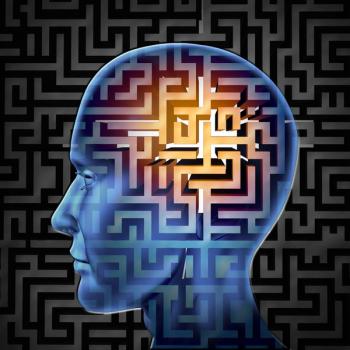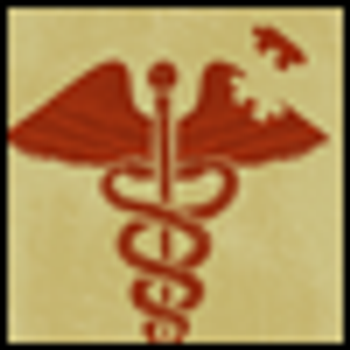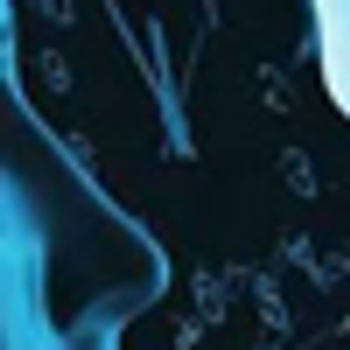
Through our sister site, Physicians Practice, we are able to provide you with news and information you can use to help run your private medical practice from experts covering everything from health IT innovations to small rewards for your office staff. But now we want to hear from our other experts - you. Take our brief editorial survey to tell us what you want to read in the coming year both in print and online. We've provided some topics, you just tell us how interested you are in these ideas. By completing the survey, you'll have the chance to enter to win a $500 Visa gift card. The survey will run through July 27th. No purchase is necessary. Void where prohibited. Visa is not a particular in or sponsor of this Sweepstakes. See official rules for full details.





















